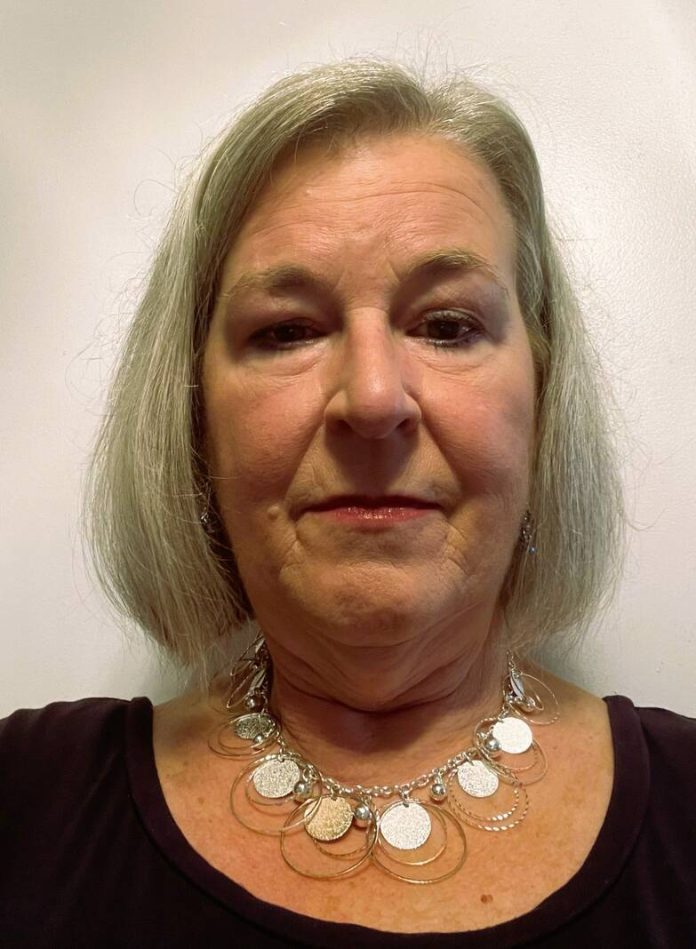Let’s call it what it is. “Maternal mortality” is a clinical term that really means women dying while pregnant, giving birth or before their baby is a year old.
It’s sobering that more women die like this in Indiana than in 47 other states.
It’s sobering that more Black and Brown women die this way — two- to three-times more — than others.
It’s even more sobering that these deaths could be prevented. In fact, in one recent year, 79% of the pregnancy-associated deaths in Indiana were preventable, according to the Indiana Maternal Mortality Review Committee’s report on 2021.
That’s why Women4Change Indiana is focusing on maternal mortality as one of its key areas to improve the state for women.
In recent months, women from across Indiana have joined us for discussions, planning and strategizing. Last summer we hosted a Listen, Connect, Participate session with a panel of experts, including Indiana Maternal Mortality Committee Chair Dr. Mary Abernathy, State Rep. Andrea Hunley and Whitley Yates, director of diversity and engagement with the Indiana Republican Party.
Another day, Hoosier women dedicated hours to hearing insights from people working in the trenches, including an obstetrician/gynecologist, an IU School of Medicine professor, a legal expert and a professional midwife. Following the lectures, attendees participated in roundtable discussions about what to do.
Finally, our fall State of Women conference brought together a variety of leaders and women with lived experiences to share.
All of this is to prepare for Women4Change’s advocacy work and determine best bets for making the change needed.
State of Women keynote speaker Nina Martin, a journalist specializing in women’s legal and health issues for more than 30 years, summed up the sorry state of affairs when she said about Indiana, “This is what happens when you don’t take care of women.”
In 2000, when her sister nearly died after giving birth and the healthcare staff insisted that what happened to her was exceedingly rare, Nina was suspicious. She had reason to be.
After interviews with more than 5,000 women over several years, she and a colleague produced the “Lost Mothers” project, which in 2017 illuminated a national disgrace: The U.S., which spends more per capita on health care than any other country, also has the highest rate of women dying as a consequence of pregnancy and childbirth in the developed world.
Previously, there was incomplete data and a lack of awareness about the scope of the problem, especially in the postpartum period. It also exposed how providers turned a blind eye to social inequities and racism. By exposing the problem, the project led to change to maternal health policy at the state and federal levels.
Martin’s take on Indiana is dire. The maternal mortality crisis plus an abortion ban means perinatal health is about to get worse. Reproductive healthcare providers will retire or move. Already, fewer OBGYN residents are coming here to study.
Despite the bad news, Martin found hope.
Medicaid has become a real safety net, as most states (Indiana included) have extended coverage 12 months postpartum.
There’s a wider use of telehealth, including growing acceptance for reproductive care.
We’re seeing more activism around improving birth experiences and outcomes in communities of color.
The medical community is seeking more innovation about how to provide and improve care.
Last year, we saw some progress. Indiana House Bill 1140 expanded postpartum coverage and removed limitations for pregnancy-related medical services, and House Bill 1294 limited the use of restraints on pregnant incarcerated people.
Some low-hanging fruit would be for the Indiana General Assembly to create a line item in the state budget for doula care for Medicaid recipients, something that has proven to reduce maternal deaths.
Indiana passed legislation in 2019 to permit this, and in 2022 created a doula advisory panel, but so far no budget has been allocated for it.
Cathy Ritchie is interim CEO of Women4Change, a nonprofit working to achieve better outcomes in health, economic stability and personal safety for women in Indiana. Send comments to [email protected].




